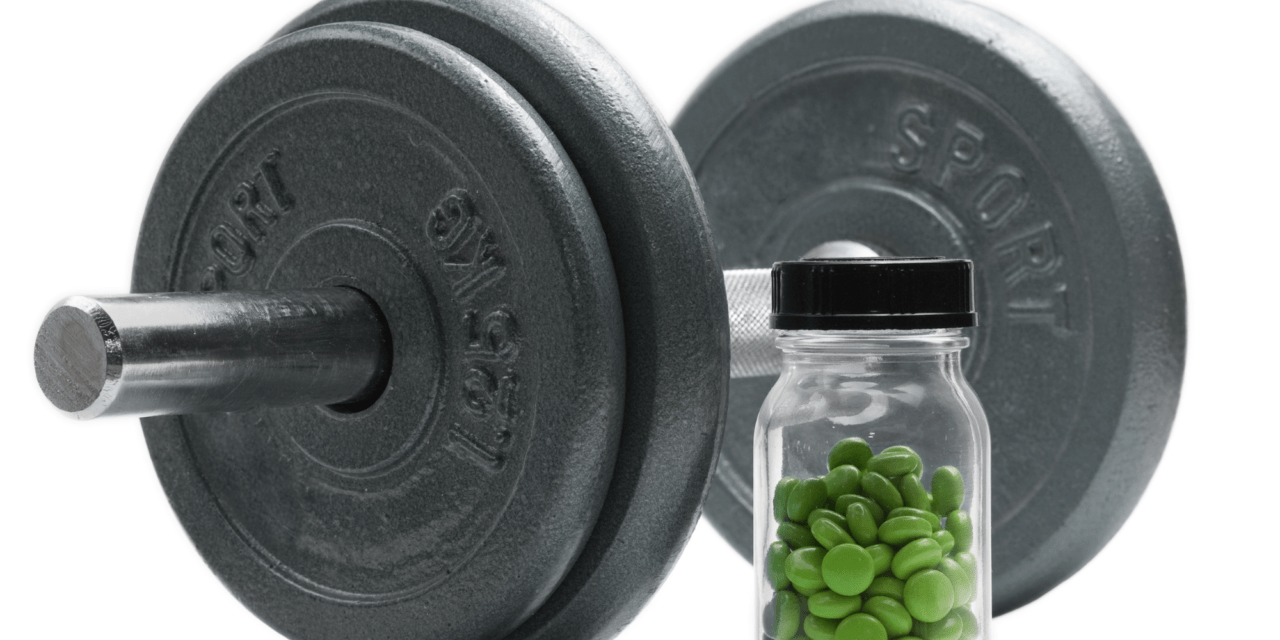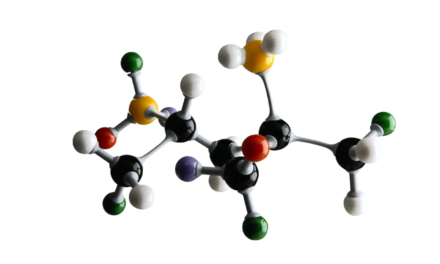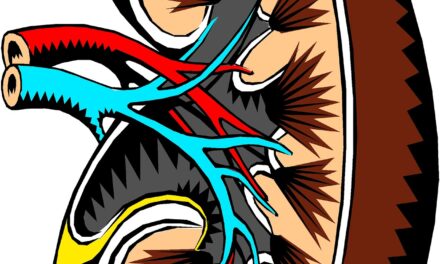Anabolic steroids have been controversial for decades due to their association with performance-enhancing drugs and their illegal use in sports. However, they have a long history of medical use and can be beneficial when used appropriately. In this article, we will explore the medical uses of anabolic steroids, their effects on athletic performance, and the potential risks associated with their use.
Anabolic steroids are synthetic substances that mimic the effects of testosterone in the body. They were first developed in the 1930s for various medical purposes, such as treating delayed puberty in boys, muscle-wasting diseases, and hormone replacement therapy for men with low testosterone levels. However, their use for non-medical purposes, such as improving athletic performance, has raised concerns about their safety and legality.
Medical Uses of Anabolic Steroids
Hormone replacement therapy for men with low testosterone levels
Anabolic steroids are commonly used in hormone replacement therapy for men with low testosterone levels due to aging, injury, or disease. Testosterone is essential for maintaining muscle mass, bone density, and overall health. Anabolic steroids can help improve these symptoms and improve quality of life.
Treatment of delayed puberty in Boys
Anabolic steroids can be used to stimulate puberty in boys who have a delayed onset of puberty. Various factors, such as genetic disorders or chronic illnesses, can cause delayed puberty. Anabolic steroids can help stimulate testosterone production and promote the development of secondary sex characteristics.
Muscle-wasting diseases such as HIV/AIDS
People with muscle-wasting diseases like HIV/AIDS may benefit from anabolic steroids. These diseases can cause a loss of muscle mass and strength, leading to weakness and fatigue. Anabolic steroids can help increase muscle mass and strength and improve overall quality of life.
Breast cancer treatment
Anabolic steroids can be used as part of breast cancer treatment. Breast cancer is often treated with hormone therapy, which can cause a loss of bone density and muscle mass. Anabolic steroids can help counteract these effects and improve overall health.
Osteoporosis treatment
Anabolic steroids can treat osteoporosis, characterized by weak and brittle bones. Osteoporosis can increase the risk of fractures and other bone-related injuries. Anabolic steroids can help increase bone density and reduce the risk of fractures.
Anabolic Steroids and Athletic Performance
Anabolic steroids have been used for decades to enhance athletic performance. They are believed to increase muscle mass, strength, and endurance, allowing athletes to perform better and recover more quickly from injuries. However, using anabolic steroids for non-medical purposes can have dangerous consequences.
The dangers of using anabolic steroids for non-medical purposes
Anabolic steroids can have severe short-term and long-term side effects when used for non-medical purposes. Short-term side effects include acne, fluid retention, high blood pressure, and mood swings. Long-term side effects can include liver damage, heart disease, infertility, and psychiatric disorders.
Comparison of Legal and illegal anabolic steroid use in Sports
Most sports organizations, including the International Olympic Committee and the World Anti-Doping Agency, ban anabolic steroids. However, some athletes still use them illegally to gain an advantage over their competitors. Legal anabolic steroids are available with a prescription for medical purposes, but their use for non-medical purposes is illegal.
Anabolic Steroid Side Effects
 Short-term and long-term side effects
Short-term and long-term side effects
Anabolic steroids can have a range of short-term and long-term side effects. Short-term side effects include acne, fluid retention, high blood pressure, and mood swings. Long-term side effects can include liver damage, heart disease, infertility, and psychiatric disorders. These side effects can severely affect a person’s health and well-being.
Physical and psychological effects
Anabolic steroids can have both physical and psychological effects. Physical effects include increased muscle mass, decreased body fat, and improved athletic performance. However, they can also cause unwanted material changes, such as increased body hair, baldness, and breast enlargement in men. Psychologically, anabolic steroids can cause mood swings, aggression, and depression.
Health risks associated with anabolic steroid use
Anabolic steroid use can have serious health risks, mainly for non-medical purposes. In addition to the short-term and long-term side effects mentioned above, anabolic steroid use can increase the risk of heart attack, stroke, and blood clots. It can also cause liver and kidney damage and increase the risk of certain types of cancer.
What percentage of gymgoers use steroids the UK?
It is difficult to provide an exact percentage of gym-goers who use steroids in the UK, as no official data exists on this. Steroid use is illegal in the UK without a prescription from a doctor, so many people who use them may not disclose this information. Additionally, not all gym-goers use steroids, and the prevalence of steroid use may vary depending on the location and type of gym.
However, according to a survey conducted by YouGov in 2018, 1 in 8 men in the UK who exercise regularly reported using steroids or other performance-enhancing drugs. This represents around 12.5% of the male gym-going population surveyed. It’s important to note that this survey only included men who exercise regularly and may not be representative of the entire gym-going population.
Conclusion
Anabolic steroids have a long history of medical use and can be beneficial when used appropriately. However, their use for non-medical purposes can have dangerous consequences. Therefore, the potential benefits and risks of anabolic steroid use should be carefully considered before use. The future of anabolic steroid use in medicine will depend on ongoing research and the development of safer alternatives.
In summary, anabolic steroids have both medical uses and potential risks. While they can effectively treat certain medical conditions, their use for non-medical purposes can have dangerous consequences. In addition, athletes who use anabolic steroids illegally risk their health and careers. People considering using anabolic steroids for medical purposes should consult with their healthcare provider and carefully weigh the potential benefits and risks. The future of anabolic steroid use in medicine will depend on ongoing research and the development of safer alternatives.
FAQs
Q: What are anabolic steroids?
A: Anabolic steroids are synthetic hormones that mimic the effects of testosterone in the body.
Q: How have anabolic steroids been used in medical treatments?
A: Anabolic steroids have been used to treat various medical conditions, including hormone replacement therapy for men with low testosterone levels, delayed puberty in boys, muscle-wasting diseases such as HIV/AIDS, breast cancer treatment, and osteoporosis treatment.
Q: Can anabolic steroids enhance athletic performance?
A: Anabolic steroids have been shown to enhance athletic performance by increasing muscle mass and strength, reducing body fat, and improving recovery time.
Q: What are the dangers of using anabolic steroids for non-medical purposes?
A: Using anabolic steroids for non-medical purposes can have serious health consequences, including short-term and long-term side effects, physical and psychological effects, and an increased risk of heart disease, infertility, and psychiatric disorders.
Q: What is the difference between legal and illegal anabolic steroid use in sports?
A: Legal anabolic steroid use in sports is typically limited to medical use with a prescription from a healthcare provider. Illegal anabolic steroid use in sports refers to using anabolic steroids for non-medical purposes, which most athletic organizations ban.
Q: What are some short-term and long-term side effects of anabolic steroid use?
A: Short-term side effects of anabolic steroid use include acne, mood swings, and increased appetite. Long-term side effects can include liver and kidney damage, high blood pressure, and an increased risk of certain types of cancer.
Q: What are some physical and psychological effects of anabolic steroid use?
A: Physical effects can include increased muscle mass, decreased body fat, and improved athletic performance. Psychological effects can include mood swings, aggression, and depression.
Q: What are the health risks associated with anabolic steroid use?
A: Anabolic steroid use can increase the risk of heart attack, stroke, and blood clots, as well as liver and kidney damage and an increased risk of certain types of cancer.
Author

Dr. Aditya K. Sharma
I am Dr. Aditya Sharma, a dedicated urologist specializing in kidney transplants and advanced urological surgeries. My career is driven by a passion for delivering exceptional care and pioneering surgical techniques. Outside the operating room, I have a keen interest in studying the effects of anabolic steroids on bodybuilding, seeking to understand the fine line between enhancing performance and maintaining health.








